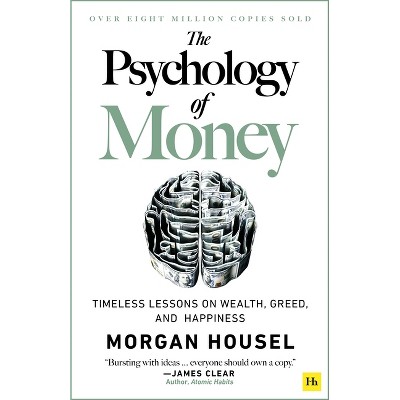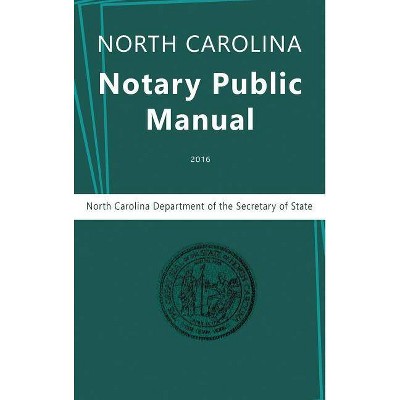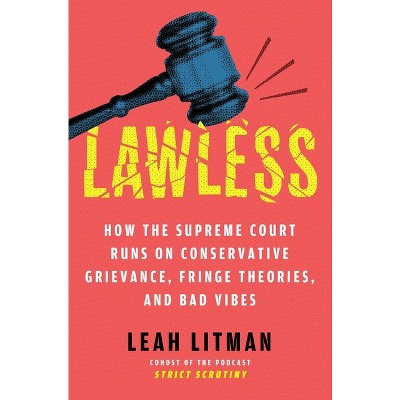Researching Forced Labour in the Global Economy - (Proceedings of the British Academy) by Genevieve Lebaron (Hardcover)

About this item
Highlights
- By most accounts, forced labour, human trafficking, and modern slavery are thriving in the global economy.
- About the Author: Genevieve LeBaron is Professor of Politics and Co-Director of Sheffield Political Economy Research Institute (SPERI) at the University of Sheffield.
- 228 Pages
- Freedom + Security / Law Enforcement, Labor & Employment
- Series Name: Proceedings of the British Academy
Description
About the Book
Researching Forced Labour in the Global Economy provides an overview of research methods that academics and researchers can use to investigate forced labour, human trafficking, and slavery in the global economy. It seeks to aid our understanding of exploited labour and explore the mechanisms through which businesses profit from it.
Book Synopsis
By most accounts, forced labour, human trafficking, and modern slavery are thriving in the global economy. Recent media reports -- including the discovery of widespread trafficking in Thailand's shrimp industry, forced labour in global tea and cocoa supply chains, and the devastating deaths of workers constructing stadiums for Qatar's World Cup-- have brought once hidden exploitation into the mainstream spotlight. As public concern about forced labour has escalated, governments around the world have begun to enact legislation to combat it in global production.
Yet, in spite of soaring media and policy attention, reliable research on the business of forced labour remains difficult to come by. Forced labour is notoriously challenging to investigate, given that it is illegal, and powerful corporations and governments are reluctant to grant academics access to their workers and supply chains. Given the risk associated with researching the business of forced labour, until very recently, few scholars even attempted to collect hard or systematic data. Instead, academics have often had little choice but to rely on poor quality second-hand data, frequently generated by activists and businesses with vested interests in portraying the problem in a certain light. As a result, the evidence base on contemporary forced labour is both dangerously thin and riddled with bias. Researching Forced Labour in the Global Economy gathers an interdisciplinary group of leading scholars to tackle this problem. It provides the first, comprehensive, scholarly account of forced labour's role in the contemporary global economy and reflections on the methodologies used to generate this research.About the Author
Genevieve LeBaron is Professor of Politics and Co-Director of Sheffield Political Economy Research Institute (SPERI) at the University of Sheffield. She is also Co-Chair of the Yale University Modern Slavery Working Group. She has been awarded the British Academy 'Rising Star Engagement Award' for her work on forced labour by the British Academy for the Humanities and Social Sciences and was included in the global 'Top 100 Human Trafficking and Slavery Influence Leaders List'. Her research focuses on the business dynamics of forced labour in global supply chains, as well as the effectiveness of private governance systems to combat it.
Shipping details
Return details
Trending Business & Law Books





Discover more options






